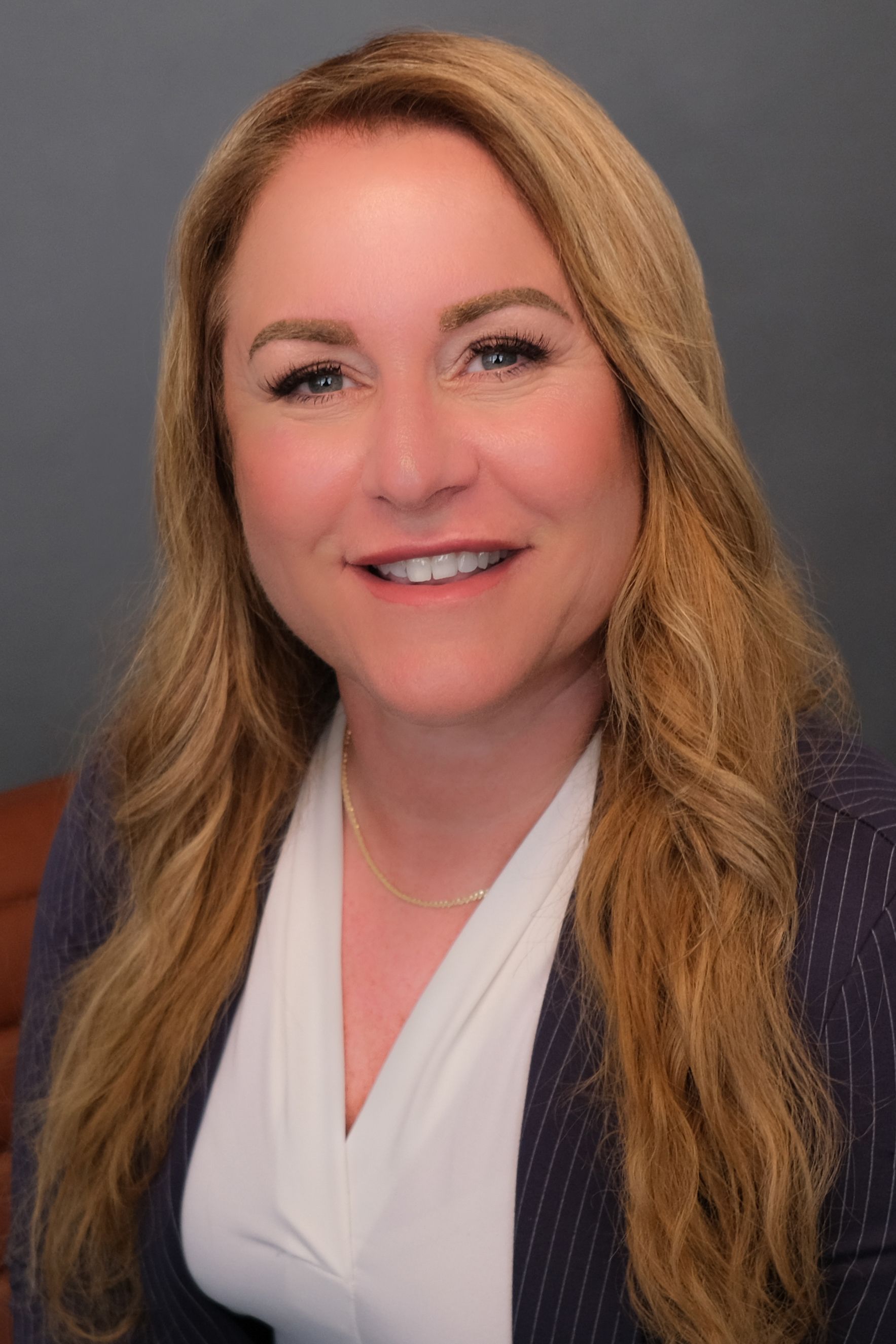Leaders in Education, Civil, and Disability Rights
The litigation firm people trust with a unique blend of experience in special education law, education law, employment law and civil rights law. The firm also provides small businesses representation ranging from transactional issues such as contracts and contract development to litigation representation.
Experienced in special education law, education law, employment law and civil rights law
After contacting our office, if based on the information you have provided, we believe that representation is appropriate, we offer a 30-minute consultation to determine if retaining our service is needed. Our rates are competitive and in line with prevailing rates in the community. Also, we sometimes work on a sliding fee scale basis, and in some cases, we offer a reduced rate for attorneys’ fees. Our hourly rates are competitive and reasonable. Get in touch as soon as possible to learn how we can help you.
To share your information and to allow us to determine whether a initial consultation with one of our attorneys is appropriate- complete the information here: email the firm or call 844-276-9798.

Our Practice Areas
Education Law
Representing parents and students for expulsion, suspension, special education rights, and higher education matters.
Business Law
Offering counsel for new and established businesses, as well as experienced business and commercial litigation representation.
Disability Rights
Advocating for people with disabilities under the Americans with Disabilities Act, Section 504 and disability laws.
Employment Law
Serving employees throughout California facing wrongful termination, retaliation and other issues.
Civil Rights Litigation
Passionate civil rights lawyers protecting people in a wide range of administrative, state and federal areas.
What's Happening?
PCDH19 Alliance 2016 Conference - Mandy Leigh

Protecting Your Rights
Work with a dedicated legal team today! Fill out the form below to get started.





